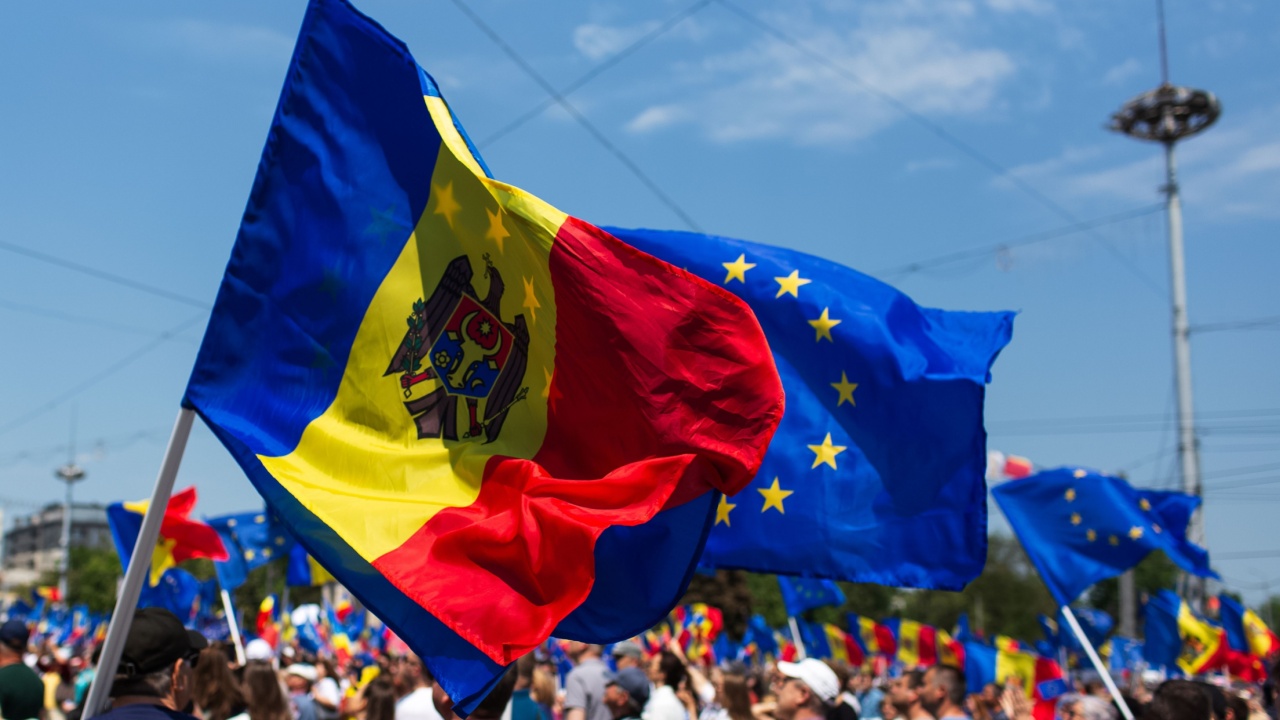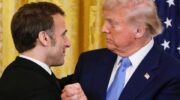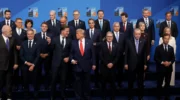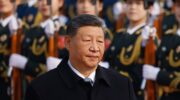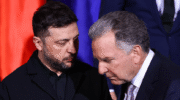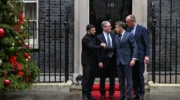Concerns about misinformation and the government’s heavy-handed response have pushed Moldovan democracy to the brink.
Moldova stands at a proverbial crossroads ahead of its upcoming September parliamentary election. With 32.5 percent support in the latest public opinion polls, Moldova’s ruling Party of Action and Solidarity (PAS) remains the frontrunner. However, a July Reuters report raises doubts about its ability to form a coalition government with any of the other opposition parties. A recently announced coalition consisting of the pro-Russian Communist and Socialist bloc, and the Heart of Moldova and Future of Moldova parties, would likely exceed PAS’s seat total in parliament.
Uncertainty surrounding the formation of the next government will undoubtedly have broader implications for Moldova’s western trajectory. However, this election is not just about whether Moldova leans towards the West or the East. It is about competing visions of democracy. One vision embraces greater democratic pluralism and Moldova’s pursuit of multi-vector diplomacy in a multipolar world. The other, shaped by the European Union’s technocratic liberalism, which Trump administration officials have warned about, tends to conflate dissent with disloyalty and risks suppressing legitimate pluralism.
Moldova’s Democratic Challenges
As PAS’s public support continues to wane, Moldova’s President Maia Sandu has warned of Russian interference in the campaign, reflecting the concerns previously voiced by the Biden administration. However, some fear this rhetoric may serve as a pretext for postponing the election or barring certain candidates from running.
These warning signs are particularly troubling given the scale of past US democracy assistance to Moldova. Despite receiving $38.9 million in US aid for democracy, human rights, and governance, Moldova’s democratic performance has declined year over year during Sandu’s tenure, with the Economist Intelligence Unit (EIU) warning it is approaching the status of a hybrid regime. EIU’s diagnosis reflects deeper structural concerns: Moldova is increasingly restricting core liberties that underpin democratic governance.
In its annual Democracy Index, EIU highlighted Moldova’s particularly low score for political culture, reflecting weak public support for democratic norms and limited trust in institutions. US Secretary of State Marco Rubio spoke of a broader global erosion of democratic pluralism during his Senate confirmation hearing, citing instances in which Western governments censor and, in some cases, prosecute political opposition.
The sharp decline in support for the ruling party comes as little surprise, given Moldova’s democratic backsliding, including mounting constraints on free speech, religious liberty, and political opposition activity. Under the pretext of combating “misinformation,” the government has shuttered television and radio stations affiliated with opposition figures. Authorities have also attempted to bar candidates from running in local elections due to their parties’ pro-Russian views, a move ultimately overturned by Moldova’s Constitutional Court.
Most recently, European and American national conservative politicians and activists, including a Czech MEP, were denied entry to Moldova, where they had planned to attend a “Make Europe Great Again” conference. Ironically, a member of the US State Department’s policy planning staff had previously encouraged an alliance of national conservative governments to reassert sovereignty against globalist pressure, precisely the kind of movement that Moldovan authorities suppressed.
The crackdown on dissent has also extended into Moldova’s religious landscape. Although Moldova’s Constitution guarantees religious liberty, experts warn that Chisinau may promote the Bessarabian Metropolitanate (a branch of the Romanian Orthodox Church) if the Moldovan Orthodox Church (which falls under the Russian Orthodox Church) is restricted, a move the Jamestown Foundation calls a potential “backdoor” path into EU and NATO membership—one that raises concerns about the erosion of religious freedom.
Meanwhile, the Moldovan government’s efforts to manage political opposition have largely centered on minimizing the influence of sanctioned oligarchs Ilan Shor and Vladimir Plahotniuc. However, Chisinau has increasingly used the label “pro-Russian” as a catch-all to discredit a broader range of opposition groups, including the Alternativa bloc led by Chisinau mayor Ion Ceban.

